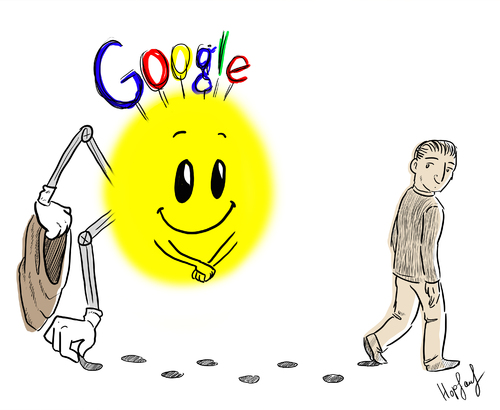
Internet Giants Grilled on Privacy
Google, Facebook and Twitter have faced a grilling from British MPs on a joint committee over their own privacy concerns, with Google proving evasive over its powers to protect sensitive data.Against a backdrop of growing worries about sensitive information on the Internet, representatives from three online giants squirmed under questioning. British MPs railed at the lack of clarity with using personal data, along with an inability to protect the privacy of public figures. The industry experts suspect that the MPs were more concerned with the latter.
The companies managed to largely fend off questions from the MPs about their business models that base on information from their users to provide data for advertisers. Nevertheless, despite insistence from all of them that they weren’t selling data directly to advertisers, the MPs expressed concerns over growing commercial pressures in the future. They pointed out that personal data being obtained with a commercial edge to it would only likely to increase over time, with personal protections eroding along with increasing commercial pressures.
It’s of no surprise that Google’s lawyers are well-briefed on the concerns of this type and reiterated that its adverts preferences feature was heavily promoted, and could easily be either adjusted or entirely turned off. Actually, all of the companies were sincere in response to questioning – for example, Facebook representative said that their business couldn’t function without trust.
In fact, the MPs gave the representatives a reason to discuss the positives they have brought with promotion of freedom of speech in different countries. Meanwhile, strong doubts still remained over the use of information, with Google being harangued for its intention to further step up its use of personal data with integrated features on its accounts.
Indeed, the company also faced a tough ride from the MPs over its lack of clarity about removing pictures of uniform-loving party boy Max Moseley. Google was repeatedly demanding a straight answer over the possibility that all of the pictures of Moseley’s infamous nocturnal activities could be removed automatically. In addition, the MPs questioned why Google couldn’t delete the data permanently. Google replied that even if it decided to remove something it would still exist on the web itself.












No comments:
Post a Comment